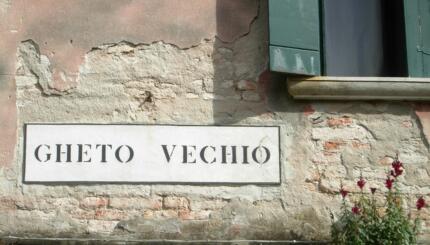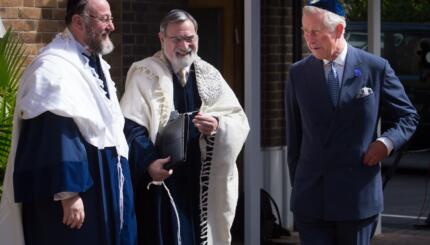Every few years, national reporters rediscover the phenomenon of the “disappearing southern
Jew.” This week, Seth Berkman of the Forward newspaper published a thoughtful, well-written article headlined “Southern Jews a Dying Breed as Small-Town Communities Dwindle Fast.”
I am quoted in it, and Berkman seems to have also used the ISJL’s online Encyclopedia of Southern Jewish Communities as the source for much of his historical background information. We were happy to help him, and appreciate any attention given to the plight of small Jewish communities, especially from the nation’s leading Jewish newspaper.
Despite the accuracy and quality of the article, it has admittedly ruffled a few feathers down here. While the decline of the Jewish community in places like Selma and Demopolis, Alabama, and in Lexington and Natchez, Mississippi is undeniable, the state of the Jewish South today is far more complicated than just closing synagogues in small towns coupled with tremendous growth in big cities like Atlanta.
I was just in Charlottesville, Virginia, where the Jewish community has grown by a factor of ten in the past fifty years. Boone, North Carolina recently saw the dedication of its first synagogue. The Jewish community in Dothan, Alabama has created an innovative program that has attracted several new Jewish families to the town, resulting in growth in the local congregation and religious school. Jewish life remains vibrant in medium-sized cities like Jackson, Mississippi; Huntsville, Alabama; Roanoke, Virginia; Macon, Georgia; and many others. The ISJL was founded in 2000 to serve the needs of southern Jewish communities, be they small, medium, large, or nearing extinction. I think it’s fair to say that our efforts have had a significant impact on Jewish life in the region.
The key to understanding the Jewish South today is a central trend: the movement of Jews out of the retail industry into corporate America and the professions. A new Jewish community recently sprouted in Bentonville, Arkansas because it is the corporate headquarters of Wal-Mart. Much of the growth in the Jewish communities of places like Charlottesville, or Chapel Hill, North Carolina, is due to the increasing number of Jewish faculty and administrators associated with the large universities there. Jackson has become the largest Jewish community in Mississippi in recent decades because it is the medical and legal center for the state. The Jewish dry goods merchants who once populated these southern communities have been replaced by executives, doctors, lawyers, and professors.
The dying out of southern Jewish communities is not a new phenomenon. I’ve written the histories of many southern congregations that closed over a century ago. It’s a trend that is neither uniquely southern, nor uniquely Jewish. Small town Jewish communities across the country have declined for similar reasons to the ones described in the Forward article. I recall reading a New York Times article several years ago about Lutheran churches in North Dakota that closed because their membership had dwindled.
Throughout its history, America has never stood still. Towns and regions have boomed and crashed. Jewish communities have been established and died out, usually tied to national trends. As ISJL president Macy B. Hart is fond of saying, “change is neither good nor bad, change is change.” My job as the historian of the ISJL is to ensure that despite these changes, these communities are not forgotten, that their part in the tapestry of American Jewish life is preserved for all to see and appreciate. We are grateful that the Forward has recognized their significance, and helped us in this endeavor.



